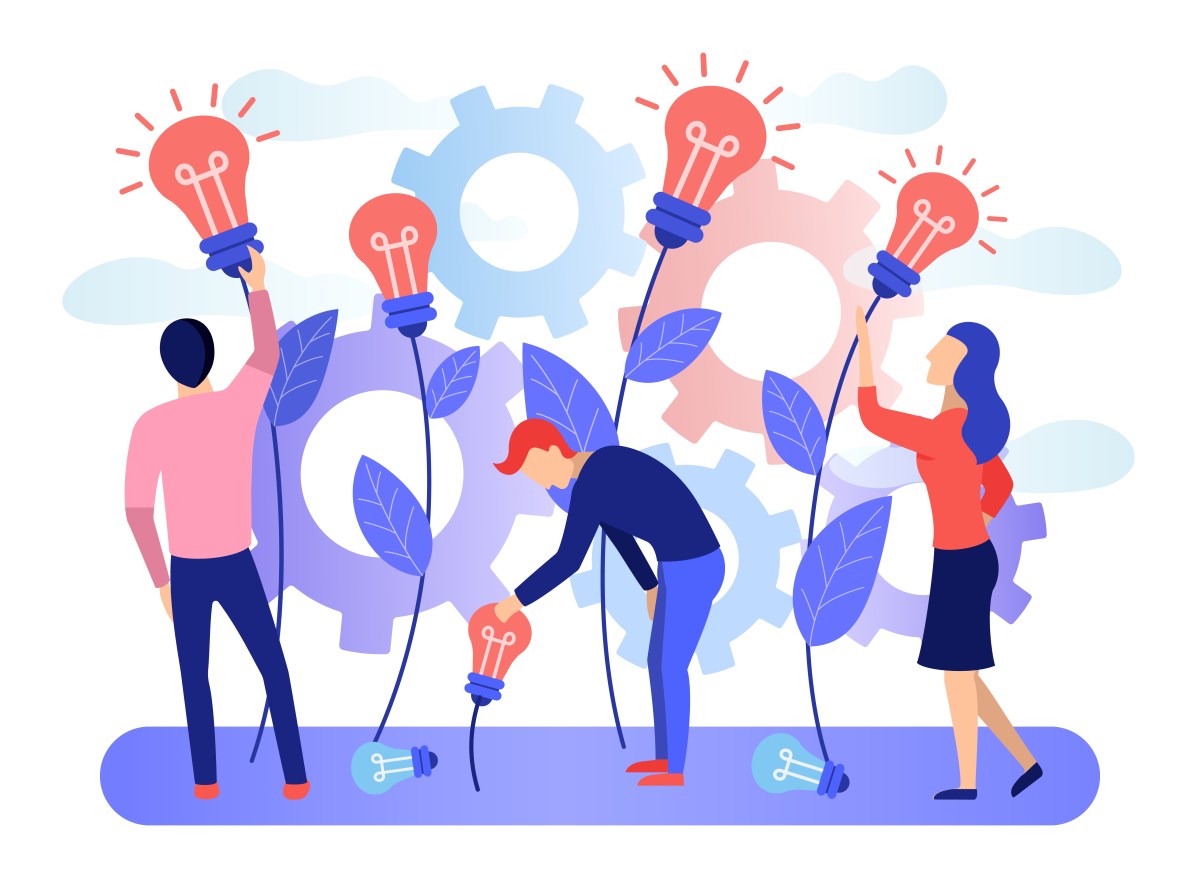“`html
US AI Innovation at Risk: Databricks Co-Founder Advocates Open Source
In recent discussions surrounding the future of artificial intelligence (AI), Andy Konwinski, co-founder of Databricks and the AI research and venture capital firm Laude, has expressed significant concerns about the United States’ position in global AI research. He emphasizes that the U.S. is at a critical juncture, where its dominance in AI innovation is increasingly challenged by China. According to Konwinski, this shift poses an existential threat not only to technological leadership but also to democratic values.
During his address at the Cerebral Valley AI Summit, Konwinski highlighted a troubling trend among AI researchers at leading institutions such as Berkeley and Stanford. He noted that many PhD students are reporting a growing number of innovative ideas emerging from Chinese companies compared to their American counterparts. This observation underscores a potential shift in the landscape of AI research and development, raising questions about the sustainability of U.S. leadership in the field.
The Role of Open Source in AI Innovation
Konwinski’s perspective is rooted in his dual role as an investor through Laude and as an advocate for open-source collaboration in AI. The Laude Institute, which he leads, provides grants to researchers, aiming to foster innovation through shared knowledge. He argues that while major AI labs like OpenAI, Meta, and Anthropic continue to produce significant innovations, their proprietary nature limits the broader academic community’s ability to engage with and build upon these advancements.
One of the key points Konwinski made is the importance of open-source frameworks in driving innovation. He cited the emergence of generative AI, which he attributes directly to the development of the Transformer architecture—a pivotal training technique introduced in a freely available research paper. This landmark moment in AI history exemplifies how open access to research can catalyze further breakthroughs. Konwinski believes that the next major breakthrough in AI will likely stem from a similar open-source initiative, stating, “The first nation that makes the next ‘Transformer architectural level’ breakthrough will have the advantage.” This sentiment reflects a broader understanding that collaboration and openness can accelerate the pace of innovation.
Global Competition and Collaborative Research
In contrast, Konwinski pointed out that the Chinese government actively supports and encourages AI innovation through open-source initiatives. Companies like DeepSeek and Alibaba’s Qwen exemplify organizations that benefit from this model, as they allow others to build upon their work. This open approach, according to Konwinski, is likely to lead to more rapid advancements in the field. The Chinese government’s investment in AI infrastructure and talent has resulted in a flourishing ecosystem that is increasingly competitive on the global stage.
Furthermore, Konwinski expressed concern about the current state of collaboration among scientists in the U.S. He noted that the traditional diffusion of knowledge—where scientists freely share ideas and insights—has diminished. He remarked, “The diffusion of scientists talking to scientists that we always have had in the United States, it’s dried up.” This trend not only threatens the future of AI innovation but also poses a business risk to major U.S. AI labs.
The Implications for Democracy and Innovation
Konwinski’s warnings extend beyond the technological realm; he argues that the decline in collaborative research could undermine democratic principles. By fostering an environment where knowledge is hoarded rather than shared, the U.S. risks falling behind in a global race for technological supremacy. He emphasized the urgency of addressing these challenges, stating, “We’re eating our corn seeds; the fountain is drying up. Fast-forward five years, the big labs are gonna lose too.” This stark warning serves as a call to action for stakeholders in the U.S. AI ecosystem to reconsider their strategies and embrace more open, collaborative approaches.
Recommendations for a Collaborative Future
To counteract these trends, Konwinski advocates for a renewed commitment to open-source principles in AI research and development. He believes that fostering an open environment could not only enhance innovation but also reinvigorate the scientific community’s collaborative spirit. This could involve:
- Increased Funding for Open-Source Projects: Allocating resources to support open-source initiatives that encourage collaboration among researchers.
- Encouraging Interdisciplinary Collaboration: Promoting partnerships between AI researchers and professionals in other fields to broaden the scope of innovation.
- Creating Open-Access Platforms: Developing platforms where researchers can share their findings and collaborate on projects without the constraints of proprietary systems.
- Government and Institutional Support: Advocating for policies that incentivize open-source research and collaboration among universities and private companies.
Conclusion
In conclusion, the discourse surrounding AI innovation is shifting, with voices like Andy Konwinski’s highlighting the need for the U.S. to adapt to a rapidly changing landscape. As China continues to invest in open-source AI initiatives, the call for the U.S. to prioritize collaboration and open access to research becomes increasingly critical. Ensuring that the U.S. remains a leader in AI will require a concerted effort to embrace open-source methodologies and cultivate an environment where ideas can flourish through shared knowledge.
As the AI sector continues to evolve, it will be essential for researchers, investors, and policymakers to engage in meaningful discussions about the future of AI and the role of open-source frameworks in driving innovation. The coming years will be pivotal in determining whether the U.S. can reclaim its position as a leader in AI research and development, and whether it can safeguard its democratic values in the process.
“`




